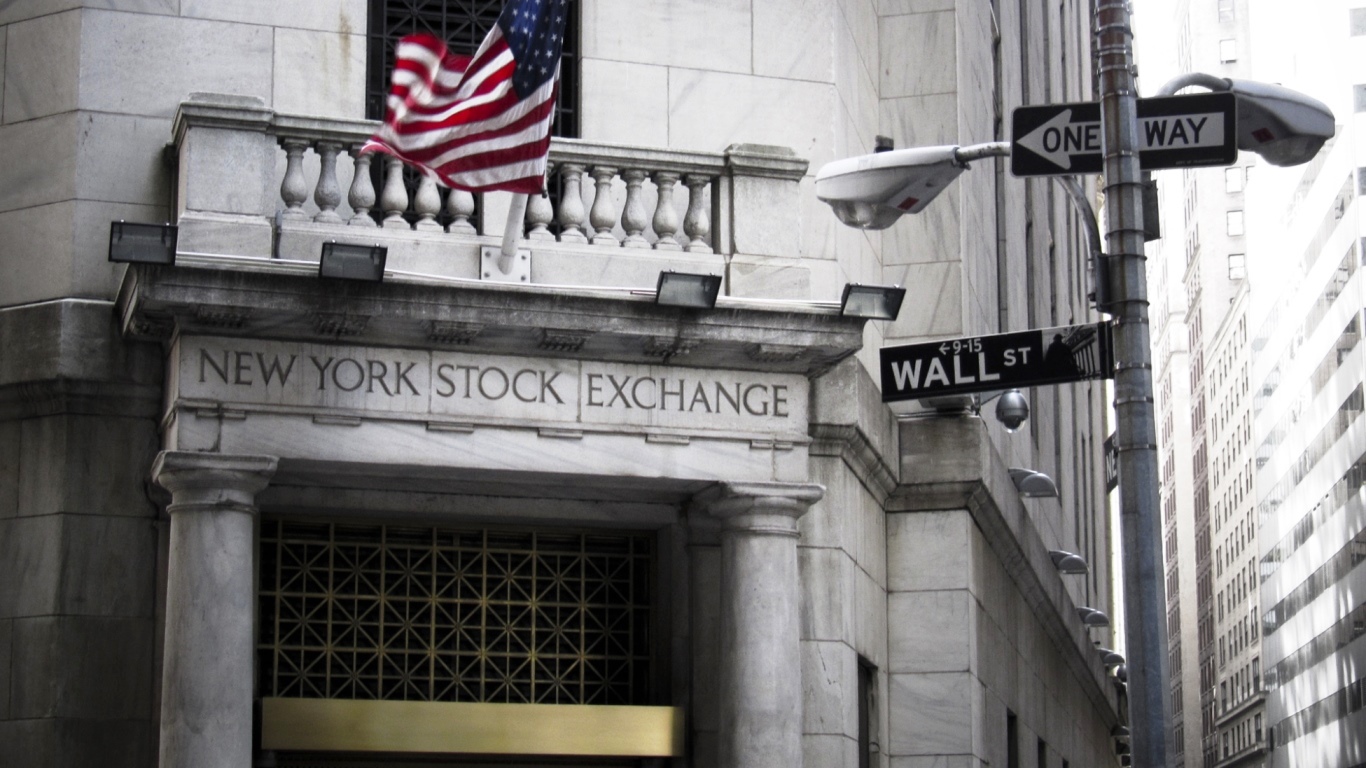Investing
The Calls to Close the Stock Market Will Grow During the Coronavirus Pandemic

Published:

After the financial bloodletting that has been seen in the stock market over the past month, it may be the time to have the debate about whether the stock market should be closed for an extended period. How this would all play out is difficult to process and predict, but there have been precedents for extended closures before. Would that be the bond market too, or just stocks? Many questions about this are unanswered, but we are also in uncharted territory.
24/7 Wall St. recently warned that there may be a precedent for “an extended halt of the stock market” that could last days or weeks. While that might not be a call to close down the exchanges entirely, other scenarios could be considered. The stock exchanges could lower the circuit-breaker thresholds to much tighter stop levels. They could extend the duration of the first two trading halts for much more than 15 minutes. They could even shorten the trading days down from the six and a half hour days that they already have.
[in-text-ad]
Before thinking an extended trading halt is automatically a good thing, note that there are some serious risks. First off, the liquidity is dried up. Would it mean that pending trades cannot settle, or would they still settle? Would investors be able to use any financial market assets as collateral? MarketWatch laid out the “Don’t Close the Market” case on Tuesday.
Now a series of tweets from activist investor Bill Ackman was calling for effectively the entire nation to be shut down for 30 days. These were the tweets that @BillAckman account sent out directed at President Trump:
Please send everyone home now. With your leadership, we can end this now. The rest of the world will follow your lead. A global Spring Break will save us all.
— Bill Ackman (@BillAckman) March 18, 2020
With exponential compounding, every day we postpone the shutdown costs thousands, and soon hundreds of thousands, and then millions of lives, and destroys the economy.
— Bill Ackman (@BillAckman) March 18, 2020
Mr. President, the only answer is to shut down the country for the next 30 days and close the borders. Tell all Americans that you are putting us on an extended Spring Break at home with family. Keep only essential services open. The government pays wages until we reopen.
— Bill Ackman (@BillAckman) March 18, 2020
Mr. President, the moment you send everyone home for Spring Break and close the borders, the infection rate will plummet, the stock market will soar, and the clouds will lift. We need your leadership now!
— Bill Ackman (@BillAckman) March 18, 2020
Extended trading halts are very uncommon, but there are precedents. There was a four-month halt in 1914 at the start of the first world war. The stock market was closed for four trading days after the 9/11 terror attacks of 2001. The stock market has had to halt trading due to major weather events and trading glitches as well. By all measures, and certainly by the financial toll that has been seen, the fight to contain and potentially cure COVID-19 sure feels in some senses like a war in society right now. There is hoarding of food and toilet paper, and people have started cleaning out the ammunition shelves again.
While smaller Asian nations are not as dominant in the global economy as the United States, this has been seen there. China did extend its market closure beyond its traditional Chinese New Year days the markets were closed. This was so it could better cope with the coronavirus spread at the time. Just this week came an announcement by the Philippine Stock Exchange that trading was being halted due to quarantine measures and its effort to stop the spread of the coronavirus.
Many considerations need to occur at this time. Every action can come with a very negative reaction, so whatever process occurs needs to be given some serious consideration. This story will either keep developing until the news gets better or until some deeper actions are formally taken.
If you’re one of the over 4 Million Americans set to retire this year, you may want to pay attention.
Finding a financial advisor who puts your interest first can be the difference between a rich retirement and barely getting by, and today it’s easier than ever. SmartAsset’s free tool matches you with up to three fiduciary financial advisors that serve your area in minutes. Each advisor has been carefully vetted, and must act in your best interests. Start your search now.
Don’t waste another minute; get started right here and help your retirement dreams become a retirement reality.
Thank you for reading! Have some feedback for us?
Contact the 24/7 Wall St. editorial team.